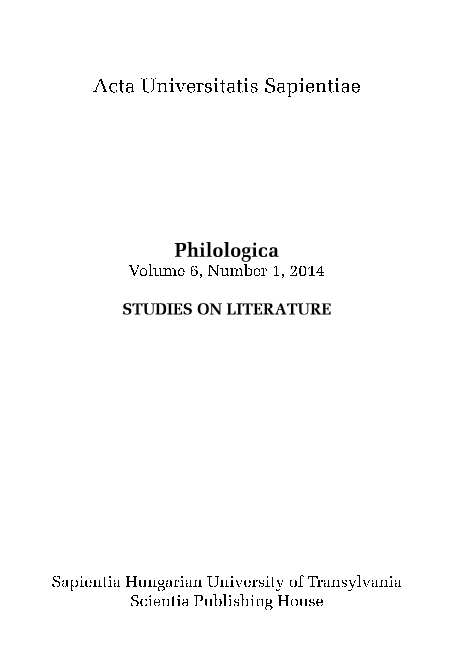Intercultural Passages in Ottó Tolnai’s Textual Universe
Intercultural Passages in Ottó Tolnai’s Textual Universe
Author(s): Julianna Ispánovics CsapóSubject(s): Hungarian Literature
Published by: Scientia Kiadó
Keywords: textual universe; culture history; intercultural passage; identity; Ottó Tolnai
Summary/Abstract: The literary palette of Tolnai’s textual universe within the Hungarian literature from Vojvodina is based, among others, upon the intertwining of various cultural entities. The social and cultural spaces of “Big Yugoslavia,” the phenomena, figures, and works of the European-oriented Yugoslav and ethnic culture (literature, painting, book publishing, theatre, sports, etc.), the mentalities of the migrant worker’s life, the legends of the Tito cult embed the narrative procedures of particular texts by Tolnai into a rich culture-historical context. Similarly to the model of Valery’s Mediterranean, the narrator’s Janus-faced Yugoslavia simultaneously generates concrete and utopian spaces, folding upon one another. Above the micro spaces (towns, houses, flats) evolving along the traces of reality, there float the Proustian concepts of scent and colour of the Adriatic sea (salt, azure, mimosa, lavender, laurel). The nostalgia towards the lost Eden rises high and waves about the “grand form” of Big Yugoslavia, the related space of which is the Monarchy. The counterpoints of the grand forms are “the small, void forms,” provinces, regions (Vojvodina, North Bačka) and the micro spaces coded into them. The text analyses of the paper examine the intercultural motions and identity-forming culture-historical elements of the outlined space system.
Journal: Acta Universitatis Sapientiae, Philologica
- Issue Year: 6/2014
- Issue No: 1
- Page Range: 73-86
- Page Count: 14
- Language: English

